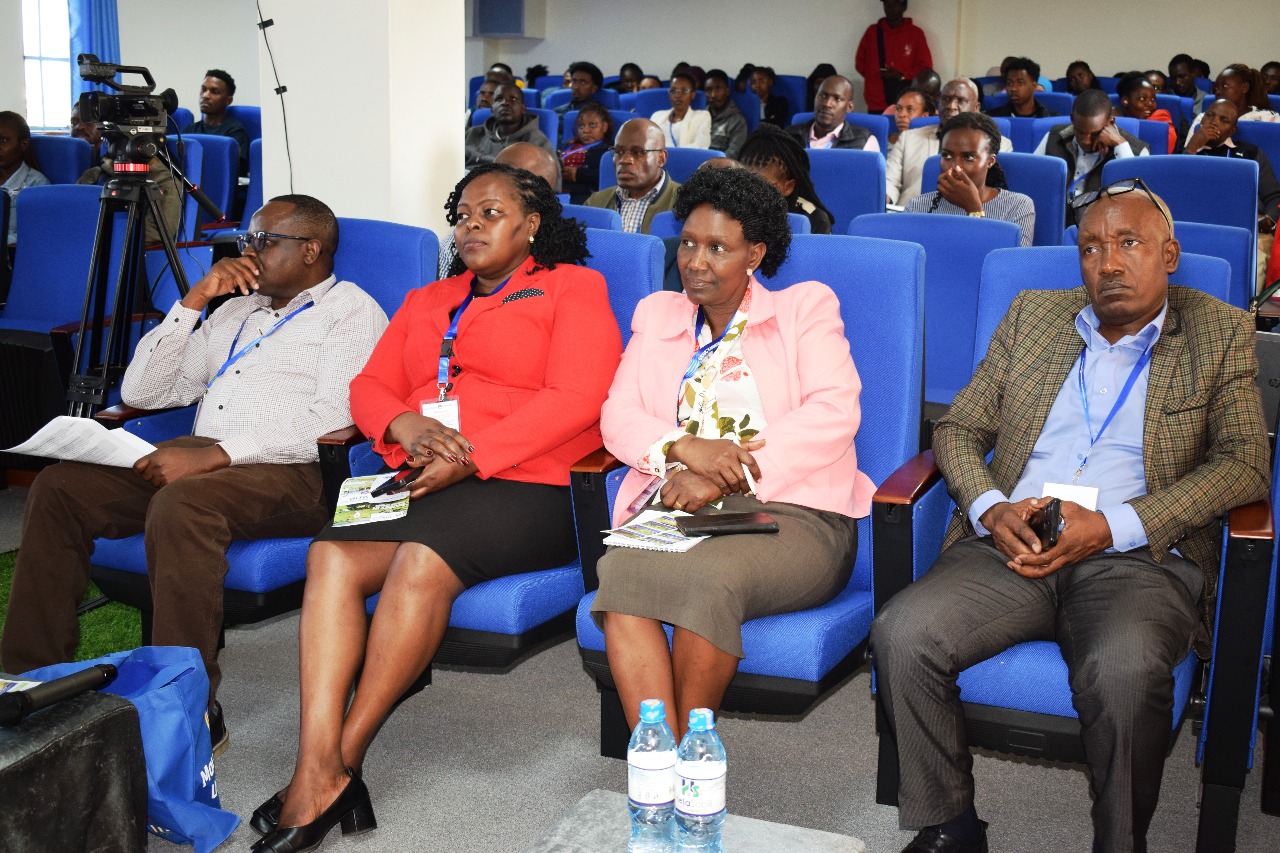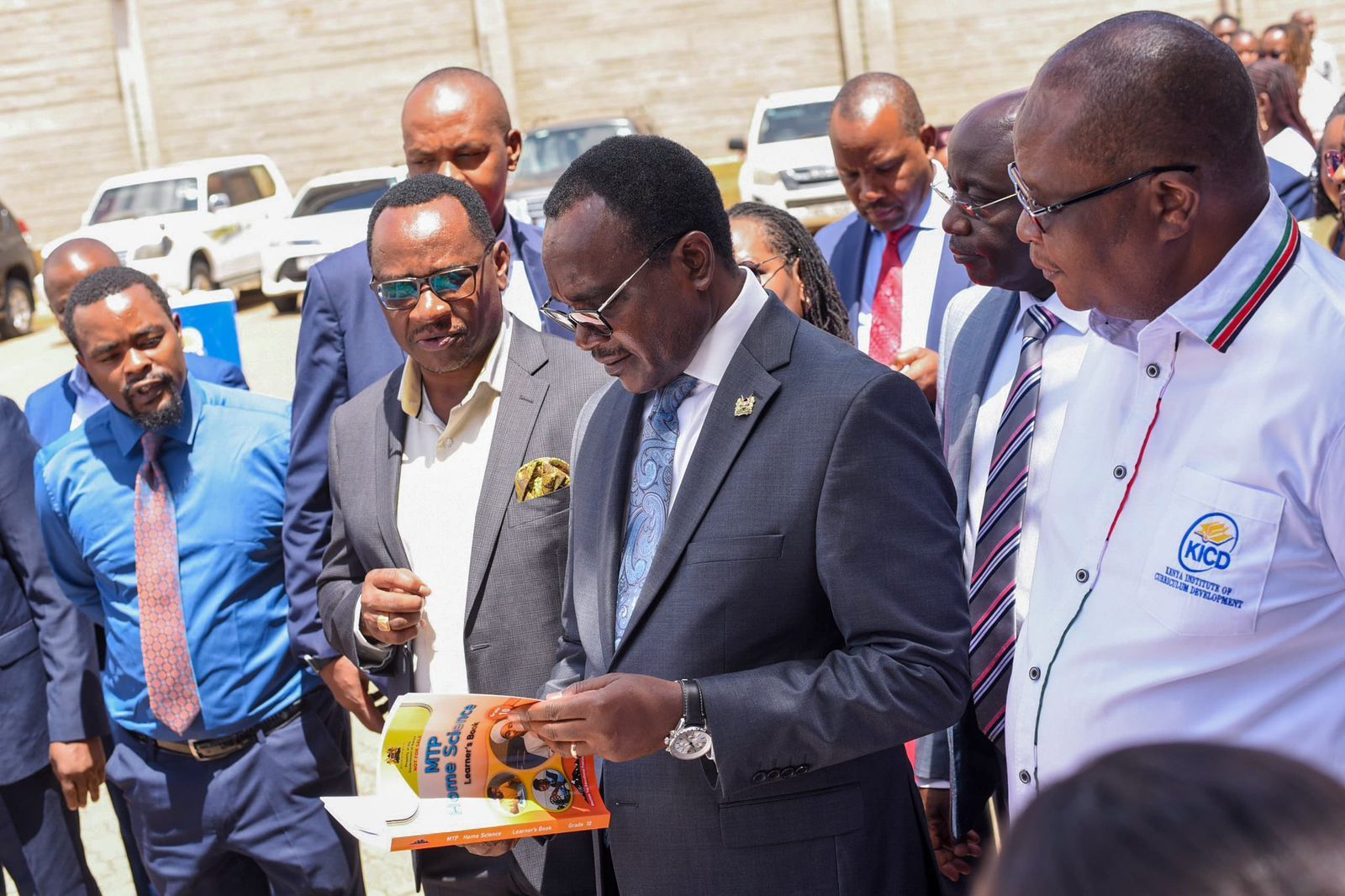Scholars have urged government and farmers to embrace Artificial Intelligence (AI) and other advanced technology in agriculture in a bid to bridge the food shortage gap in the country.
Led by Prof. Deogratius Jaganyi, scholars aver that incorporating technology in every aspect of our lives, more so agriculture, is the surest way of addressing food deficits in Kenya.
Speaking during an interdisciplinary conference held in Nakuru, Prof. Jaganyi underscored that embracing technology would solve many problems in a modern society.
“We are living in a time of unprecedented change. From precision agriculture that optimises crop yields with minimal wastage, to telemedicine expanding access to health care, from solar panels powering communities, to business models prioritising both profit and planet, technology is no longer a luxury, it is a necessity for building a more sustainable future,” Prof. Jaganyi noted.
The two-day event brought together scholars from across East Africa to disseminate research findings and exchange knowledge under the theme: “Emerging Technologies and Sustainable Practices: Innovation in Agriculture, Health, Renewable Energy and Business Practices.”
ALSO READ:
Saseta Girls closed indefinitely after students decline examination in Bomet County
Dr David Watene, the Director of Education, State Department of University Education, Ministry of Education, said the government is committed to creating a sustainable and enabling environment that encourages and supports research, innovation and agriculture as key inputs in the development process.
“We have implemented policies that supported collaborations between universities, industries and government institutions to realize this important objective,” Dr Watene added.
On livestock farming, scholars talked about precision animal health and leveraging on technology for proactive and personalized care. A related agenda was on building resilient animal health systems: preparedness, response, and recovery.
The scholars also discussed health in action: how to address the interconnectedness of animal, human and environmental health.
By John Kamau
You can also follow our social media pages on Twitter: Education News KE and Facebook: Education News Newspaper for timely updates.
>>> Click here to stay up-to-date with trending regional stories
>>> Click here to read more informed opinions on the country’s education landscape






